If I am setting up an Azure SQL Database in a vnet which Azure App Service and Azure Function will access. Is using both Subnet Delegation and Service Endpoints the right way to go? I didn't fully understand the documentation.
Regarding subnet delegation, I read this Microsoft article and this stackoverflow post, which stated:
When you delegate a subnet to an Azure service, you allow that service to establish some basic network configuration rules for that subnet, which help the Azure service operate their instances in a stable manner.
That sounds like a good thing but makes me wonder how it worked efficiently w/o subnet delegation.
As for Service Endpoints, I read this Microsoft article, which states:
Virtual Network (VNet) service endpoint provides secure and direct connectivity to Azure services over an optimized route over the Azure backbone network. Endpoints allow you to secure your critical Azure service resources to only your virtual networks. Service Endpoints enables private IP addresses in the VNet to reach the endpoint of an Azure service without needing a public IP address on the VNet.
Does that mean I cannot reach the Azure SQL Database from my home machine w/a firewall rule?
They both sound like they have the same benefits and I'm struggling to understand the difference. I suppose the larger question is should I enable both for the simple architecture outlined above.
In the Microsoft service endpoints documentation they also mention:
Microsoft recommends use of Azure Private Link for secure and private access to services hosted on Azure platform. For more information, see Azure Private Link.
For some reason that seems like an Azure to on-premise thing.

